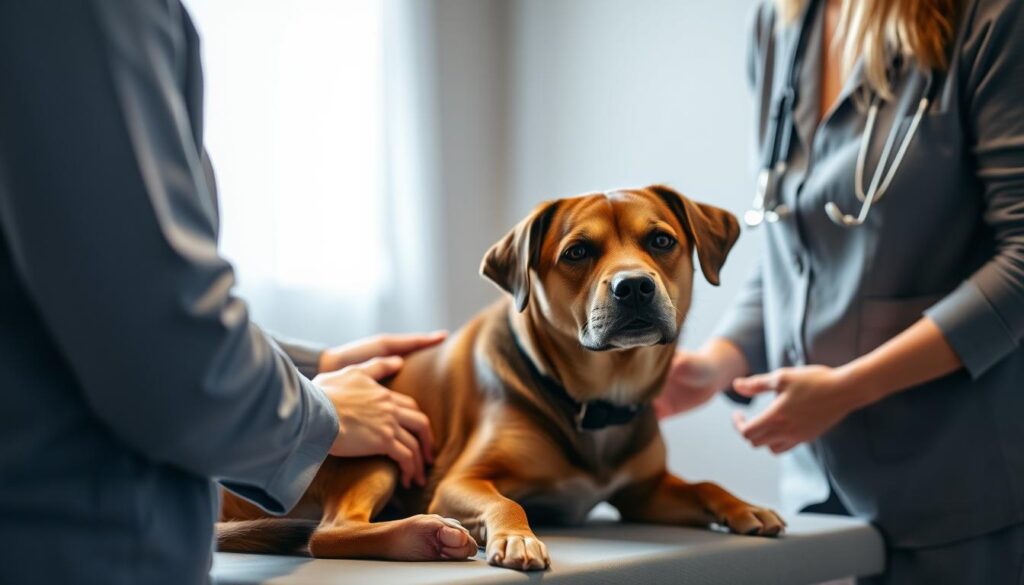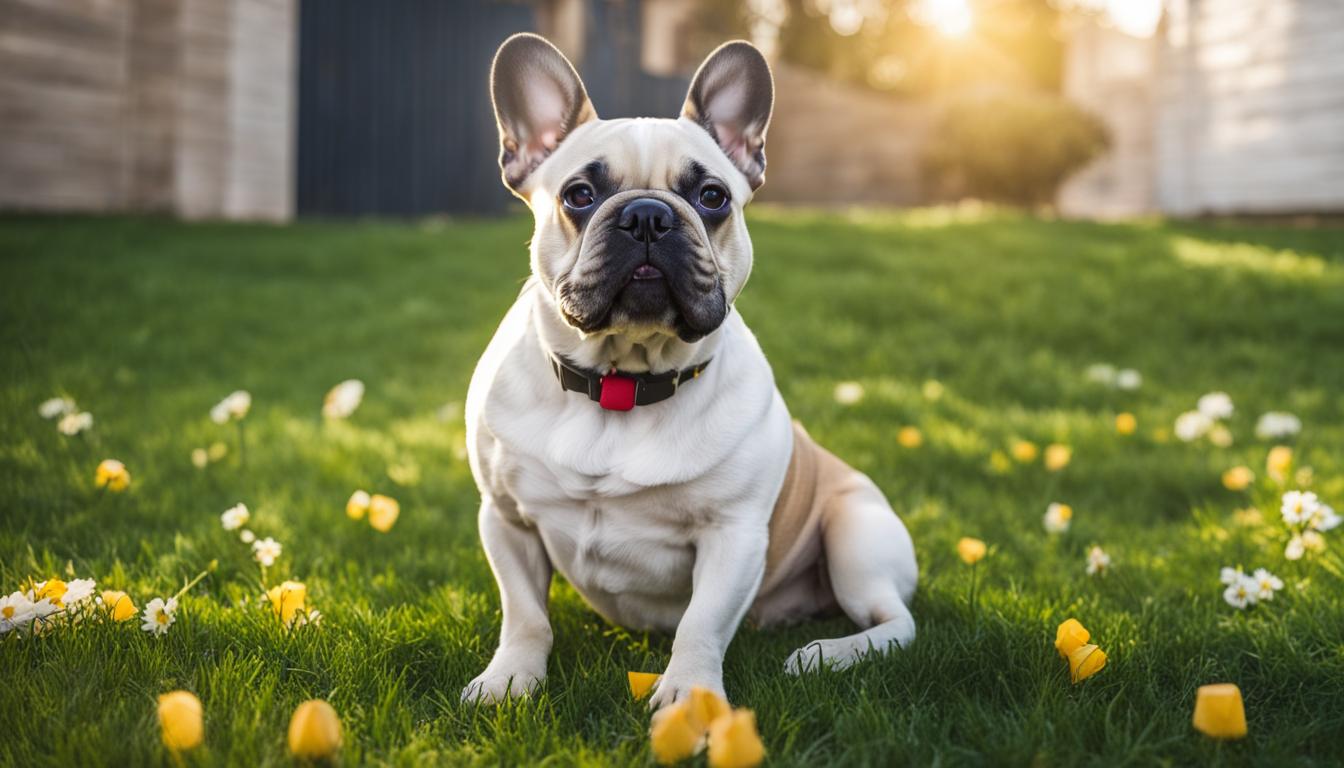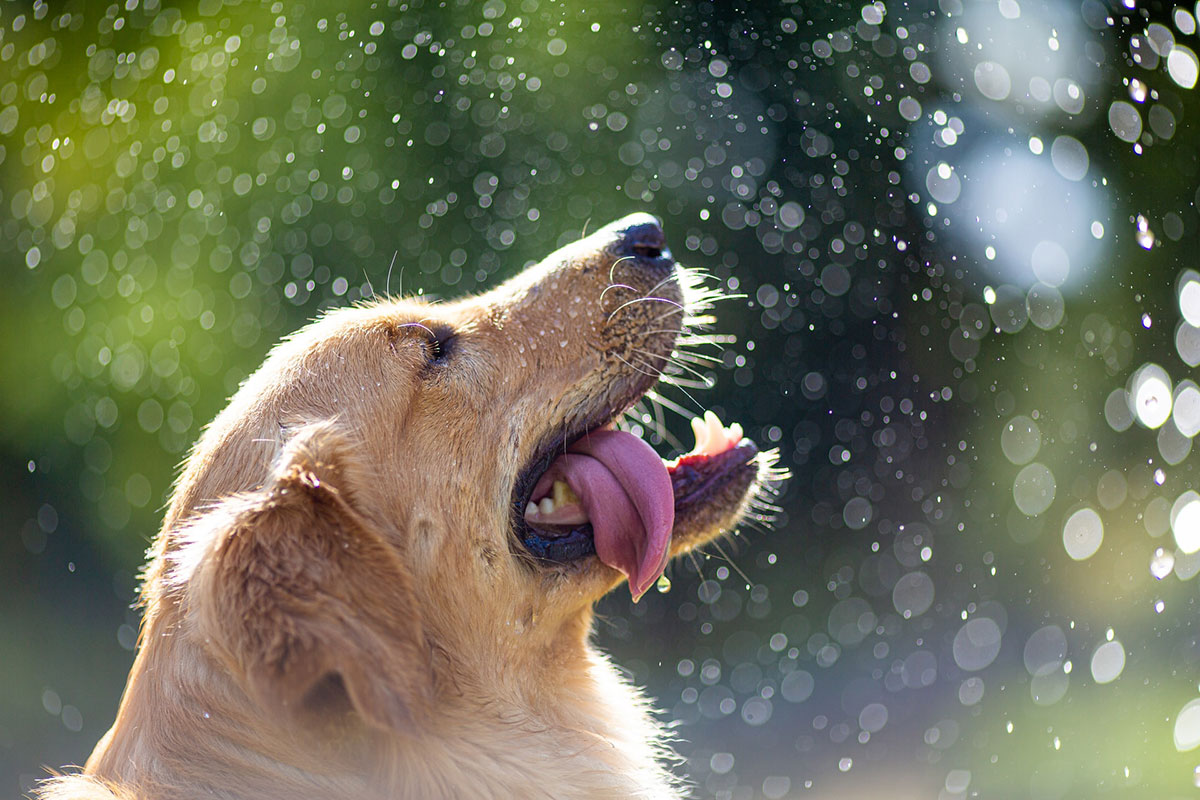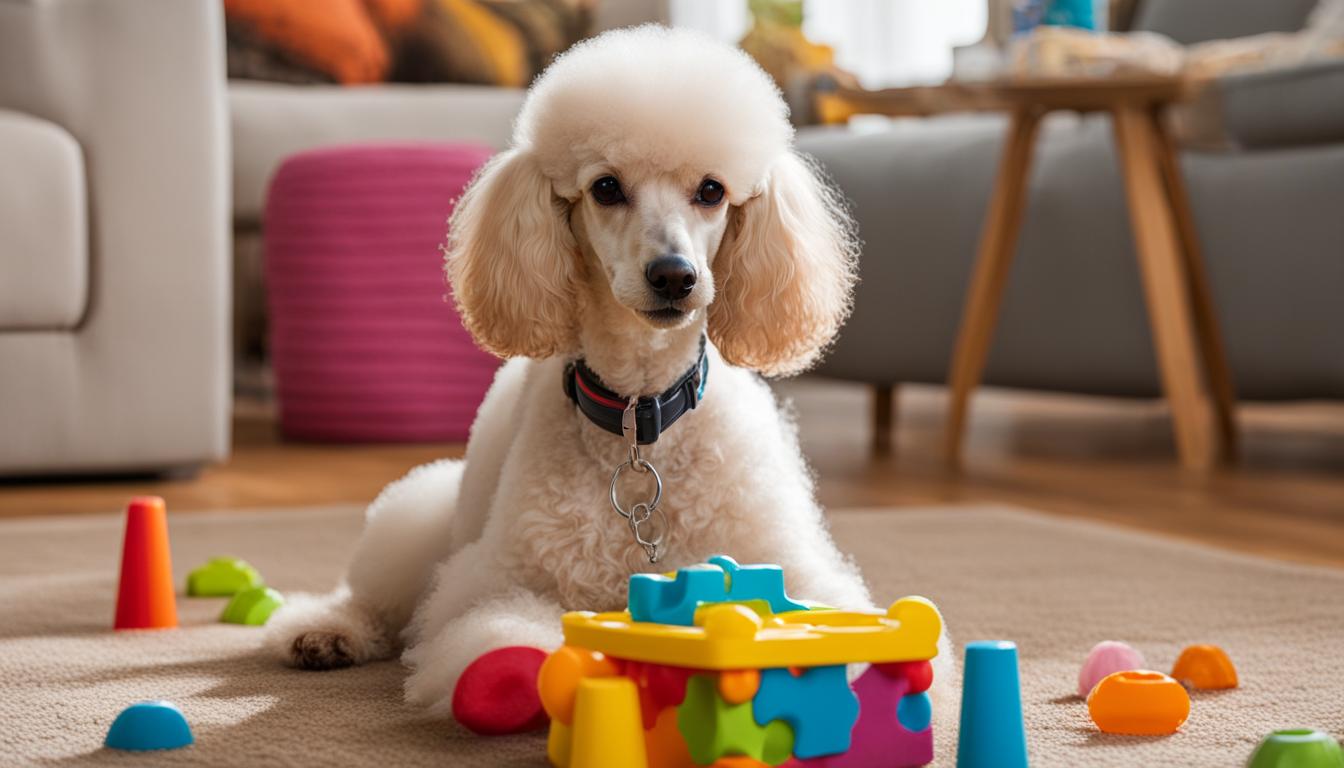When dogs have surgery, they might feel stressed, in pain, or uncomfortable. This can make them bark more. It’s important to take good care of them after surgery to reduce barking and help them heal well.
It can be tough for dog owners to calm their pets after surgery. Post-surgery dog care means making a peaceful space. This helps lower stress and pain, which can make dog barking after surgery less.
Knowing why dogs bark more after surgery and how to stop it is key. Dog owners can make their pets’ recovery easier by caring for them well and managing stress. This is crucial for a smooth recovery.
Why Dogs Bark More After Surgery
Dogs bark more after surgery because of discomfort, pain, or anxiety. It’s important to understand why they bark more to help them feel better.
Pain or discomfort is a big reason dogs bark more after surgery. Surgery can stress a dog’s body, causing pain. This pain makes them bark to show they’re in distress.
Anesthesia also plays a role. It’s needed for painless surgery but can leave dogs feeling confused and anxious. This anxiety can make them bark more.
Post-operative dog care is about more than just physical recovery. It’s also about helping dogs deal with emotional stress. Recognizing signs of stress, like barking, helps owners take action.
To reduce barking after surgery, create a calm space for your dog. Minimize stress and follow your vet’s post-operative care advice. Understanding barking as a way for dogs to communicate helps them recover better.
In summary, barking after surgery is common but can be managed. By focusing on managing dog stress after surgery and proper post-operative dog care, owners can ease their dogs’ recovery.
Assessing Your Dog’s Post-Surgery Barking Patterns
It’s important to understand why your dog barks after surgery. Dogs bark for many reasons, like pain, discomfort, or needing attention. Knowing why your dog barks helps you find ways to stop it.
Observing Your Dog’s Behavior
Watch your dog closely after surgery. Notice how often and how long they bark. Is it loud or soft? Knowing these details helps find what makes them bark.
Things like pain, discomfort, or loud noises can make dogs bark more. To figure out what bothers your dog, look at how they react to different things.
- Watch how they act in different places and situations.
- Look for signs of pain, like whining or panting.
- See how they react to loud noises or visitors.
Dog behavior experts say understanding dogs is key to stopping barking.
“Dogs communicate mainly through body language and sounds. Paying attention to these helps owners meet their dog’s needs and cut down on barking.”
Developing a Management Plan
After figuring out why your dog barks and what triggers it, make a plan. This might include making their space calm, managing pain, and teaching them to be quiet.
By following these dog recovery tips and understanding your dog’s barking, you can reduce dog barking during recovery. This makes your dog’s healing time easier and more comfortable.
Creating a Calm Recovery Environment
Creating a peaceful space for your dog to recover is key after surgery. A calm area helps reduce your dog’s stress and anxiety. This makes their recovery smoother.
To make such a space, it’s important to remove stressors. Make sure your dog has a quiet, comfy place to rest. Using calming aids like pheromone diffusers can be highly effective. These devices mimic the natural pheromones mother dogs produce. They provide a sense of security and comfort to your dog.
Using Calming Aids and Products
There are many calming aids and products to help soothe your dog during recovery. Interactive toys and puzzle games are great for keeping your dog relaxed. They distract your dog from discomfort and provide mental stimulation.
When picking calming aids, choose safe and suitable products for your dog. Talking to your vet can help find the best calming strategies for your dog’s care after surgery.
By combining a calm environment with the right calming aids, you can greatly improve your dog’s recovery. It makes their experience less stressful and more comfortable.
Managing Your Dog’s Barking During Post-Surgery Recovery
The post-surgery recovery period can be tough for dogs, with barking being a big issue. Managing dog stress after surgery is key for a smooth recovery.
Creating a calm environment is vital. Give your dog a quiet space to rest, away from daily noise. Use positive reinforcement training to encourage calm behavior and reduce barking.
Reducing stressors is also crucial. Minimize loud noises and stressful situations. Calming aids like pheromone diffusers, calming treats, or anti-bark collars can help too.
Follow your vet’s advice on post-surgery care, including managing barking and stress. These strategies can make your dog’s recovery more comfortable and reduce barking.
Effective dog barking after surgery management helps your dog recover better. It also lowers stress for you and your pet during the post-surgery period.
Surgery-Specific Barking Management Strategies
The type of surgery your dog has affects how to manage their barking during recovery. Each surgery has its own care needs. Knowing these is key to managing your dog’s barking well.
Dogs having orthopedic surgery need to move less to heal right. So, managing their barking might mean keeping them calm. You can do this by making a peaceful space and using gentle, soothing ways to interact with them.
Dogs with surgeries not related to mobility might need stress management. This could mean giving them a quiet, comfy place to rest. You can also use calming aids like pheromone diffusers or music made for dogs.
Remember, every dog is different. Some might get really anxious or stressed after surgery. So, you’ll need to tailor your barking management plan to fit your dog’s needs.
- Watch your dog closely during recovery.
- Change your barking management plan as needed based on your dog’s response.
- Talk to your vet for advice on managing your dog’s barking after surgery.
By focusing on your dog’s surgery type for barking management, you can make their recovery smoother. This makes them more comfortable and helps them heal better.
Medication and Natural Remedies for Barking Management
Managing your dog’s barking after surgery can be tricky. You might need to try different things like medication and natural remedies. These can help keep your dog comfortable and reduce stress.
Medication Options can help with pain and anxiety. These are common reasons for barking after surgery. Your vet might prescribe pain relief or anti-anxiety meds to help.
- Always follow the veterinarian’s instructions for administering medication.
- Monitor your dog’s response to the medication and report any adverse effects.
- Be aware of potential interactions with other medications your dog is taking.
Natural Remedies can also help. Pheromone diffusers can mimic a mother dog’s scent to calm her puppies. They might help reduce your dog’s stress and barking. Calming treats, like those with L-theanine or chamomile, can also soothe your dog.

Some people use calming aids like calming music or white noise machines to create a calm environment. This can help lower the chance of barking. But, always check with your vet before trying new remedies to make sure they won’t harm your dog’s recovery.
By looking at both medication and natural remedies, you can make a plan to manage your dog’s barking after surgery. Always talk to your vet to find the best solution for your dog’s needs.
Working with Family Members and Caregivers
Post-surgery dog care is a team effort. Everyone involved must work together for a smooth recovery. This means managing barking, giving medication, and keeping the environment calm.
To succeed, coordinate with all family members and caregivers. Make sure they know the care plan and how to handle barking. Being consistent helps your dog recover faster and avoids problems.
- Hold a family meeting to discuss the care plan and assign tasks to each member.
- Create a schedule for feeding, medication, and exercise to maintain consistency.
- Keep a log of your dog’s progress, including their barking patterns, to identify any issues early.
Working together and being consistent helps reduce your dog’s stress. This promotes a smooth and stress-free recovery. For more dog recovery tips, talk to your vet or a dog trainer for advice.
When to Seek Additional Professional Help
It’s important to know when your dog’s barking after surgery needs more than home care. If your dog’s barking doesn’t stop or gets worse, it might mean there’s a problem. This problem needs a vet’s help.
Signs that indicate the need for professional help include persistent or worsening barking, signs of pain, discomfort, or other complications. If you see these signs, get vet advice fast. This ensures your dog’s recovery goes well.

Vets say, “Monitoring your dog’s behavior after surgery is crucial, and seeking professional help is necessary if you notice any unusual signs.” This shows how important it is to watch your dog closely and act fast.
Some key indicators that need immediate attention include:
- Persistent or worsening barking
- Signs of pain or discomfort
- Other complications such as swelling, redness, or discharge from the surgical site
Knowing these signs and getting help when needed helps your dog recover well. It also reduces stress.
Seeking professional help is a smart move for managing your dog’s stress and barking after surgery. Your vet can guide you on what to do next. They can help solve any problems quickly.
“The key to a successful recovery is early detection and intervention. If you’re concerned about your dog’s barking or overall health after surgery, don’t hesitate to reach out to your veterinarian.”
Conclusion
Managing your dog’s barking after surgery is key for their recovery. A calm space helps a lot. It reduces stress and aids in a smoother healing.
Knowing why dogs bark more after surgery helps a lot. You can then use strategies to keep them calm. This includes making a calm space, using special barking management, and sometimes medication or natural remedies.
It’s important to keep dogs calm after surgery. This helps them heal better. Working with family and getting professional help when needed is crucial. This way, your dog gets the best care during this important time.






